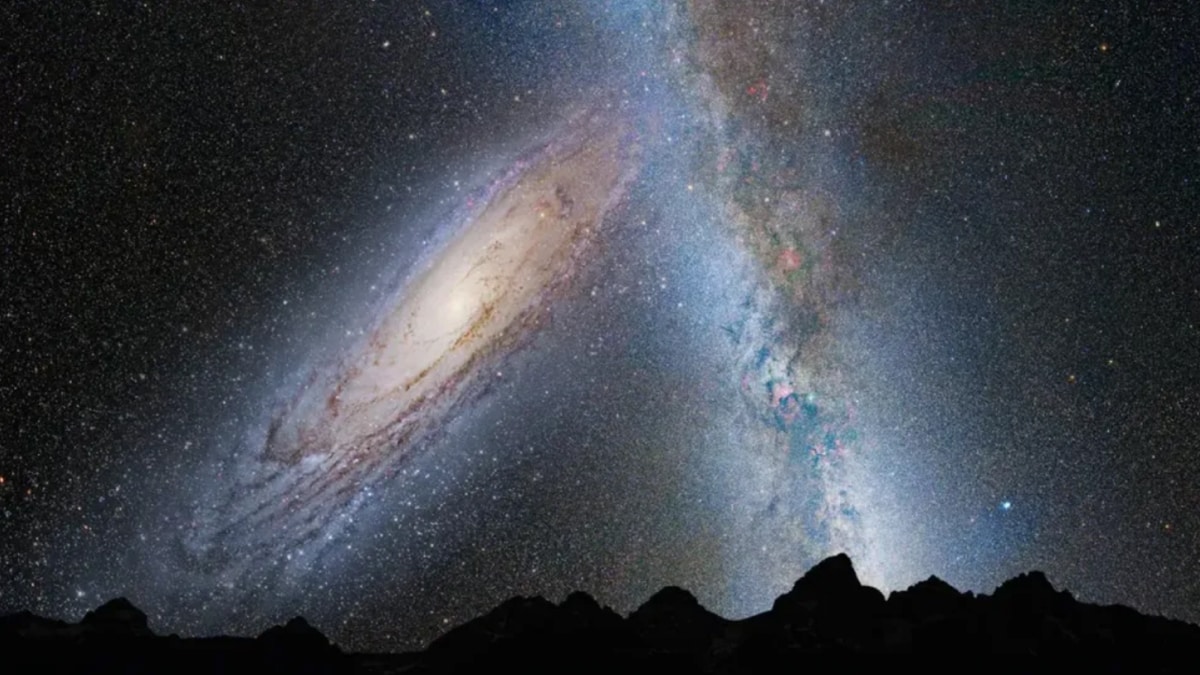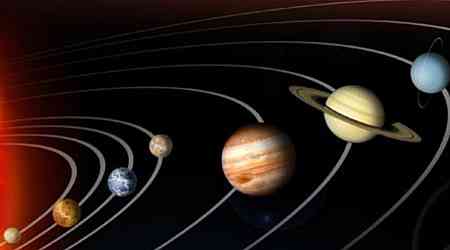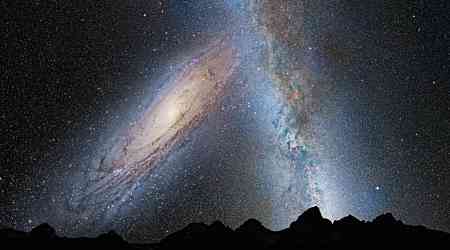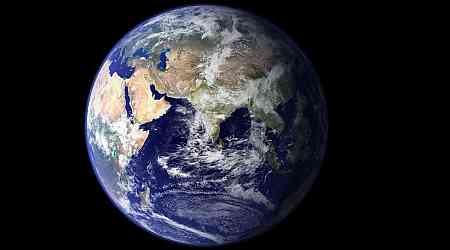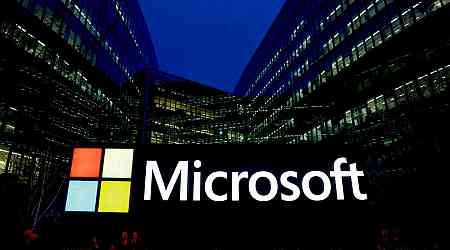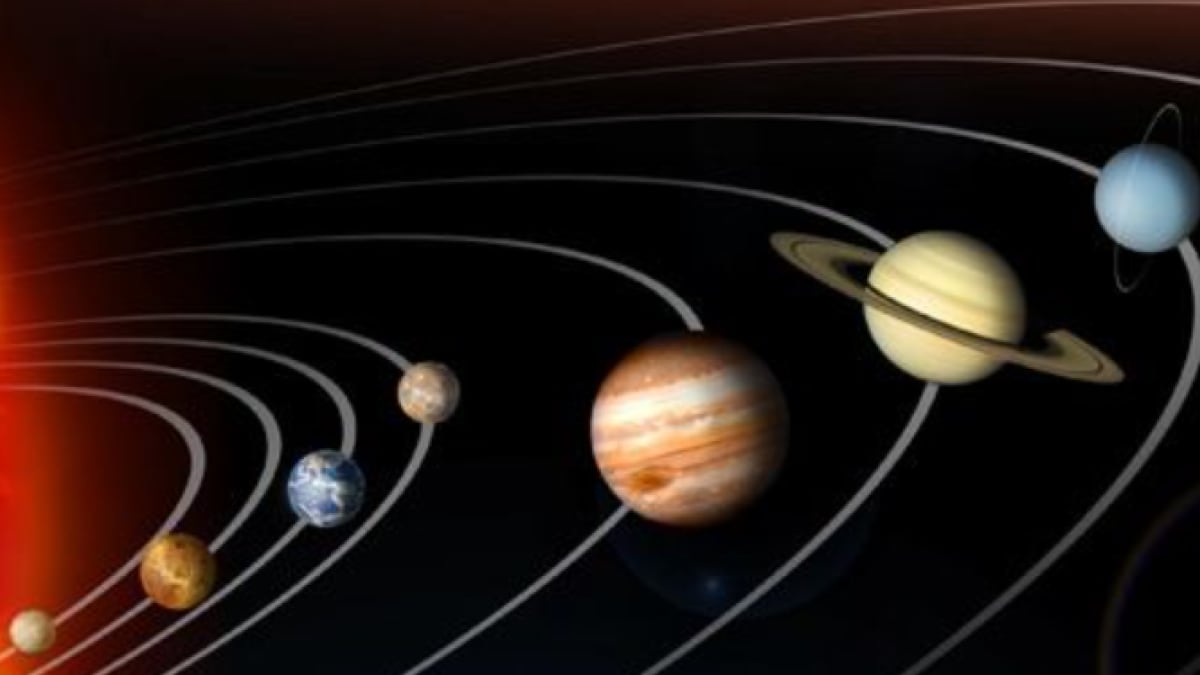Astronomers have long anticipated a cosmic clash between the Milky Way and the Andromeda galaxy. This event, projected to occur within the next 5 billion years, has been seen as an inevitable galactic merger. However, a recent simulation suggests that the chances of this collision happening within the next 10 billion years might be less certain than previously thought. According to a new study led by Till Sawala from the University of Helsinki, the probability of the Milky Way and Andromeda colliding could be as low as 50%.
The Shift in Predictions
Earlier studies based on Andromeda's motion and the Milky Way's trajectory had confidently predicted a head-on collision. But the latest research, which incorporates data from Gaia and Hubble space telescopes, shows that the gravitational influence of smaller nearby galaxies can significantly alter these predictions. These smaller galaxies could potentially divert the Milky Way-Andromeda encounter, making the collision scenario less likely. As a result, the notion of an impending galactic merger is now considered less definitive.
Simulation Insights
The new simulations included various cosmic factors, such as the influence of the Triangulum Galaxy and the Large Magellanic Cloud. The results revealed that while the merger scenario still holds a 50% chance, it is not a certainty. The presence of these additional galaxies could either increase or decrease the likelihood of a collision, depending on their gravitational effects on the Milky Way-Andromeda system.
Possible Outcomes
If the collision does not occur, the galaxies might pass each other at a safe distance. Even in the event of a collision, the effects on our solar system would likely be minimal. The merger would primarily affect the outer regions of both galaxies, potentially disrupting some star systems but leaving the core regions relatively undisturbed.
Future Research
Upcoming data from the Gaia mission, which aims to provide a detailed map of the Milky Way, could help refine these predictions. With more precise measurements, astronomers may better understand the factors influencing the Milky Way-Andromeda interaction.
In summary, while the potential collision remains a possibility, recent findings suggest that the scenario is less certain than once thought.


















